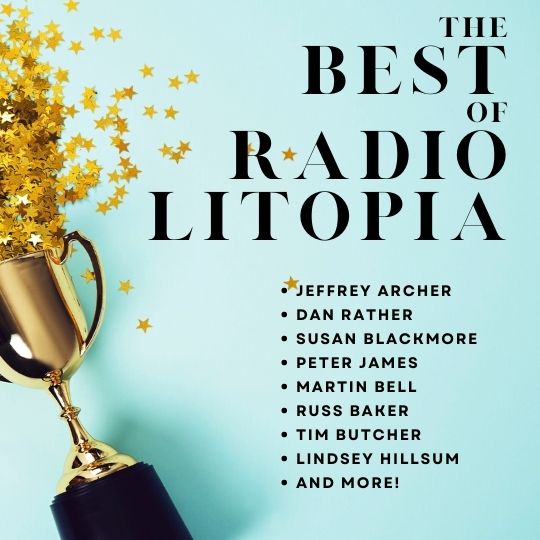Something @MattScho said resonated with me and encouraged me to buy the kindle version of Ender's Game. So, I've just started rereading it and this bit from the introduction is too good not to share (I didn't know this, but he was a playwright before an author):
People came to my plays and clapped at the end. I learned – from actors and from audiences – how to shape a scene, how to build tension, and – above all – the necessity of being harsh with your own material, excising or rewriting anything that doesn’t work. I learned to separate the story from the writing, probably the most important thing that any storyteller has to learn – that there are a thousand right ways to tell a story, and ten million wrong ones, and you’re a lot more likely to find one of the latter than the former your first time through the tale.
Ender's Game (The Ender Quartet series) (p. xii). Little, Brown Book Group. Kindle Edition.
People came to my plays and clapped at the end. I learned – from actors and from audiences – how to shape a scene, how to build tension, and – above all – the necessity of being harsh with your own material, excising or rewriting anything that doesn’t work. I learned to separate the story from the writing, probably the most important thing that any storyteller has to learn – that there are a thousand right ways to tell a story, and ten million wrong ones, and you’re a lot more likely to find one of the latter than the former your first time through the tale.
Ender's Game (The Ender Quartet series) (p. xii). Little, Brown Book Group. Kindle Edition.



